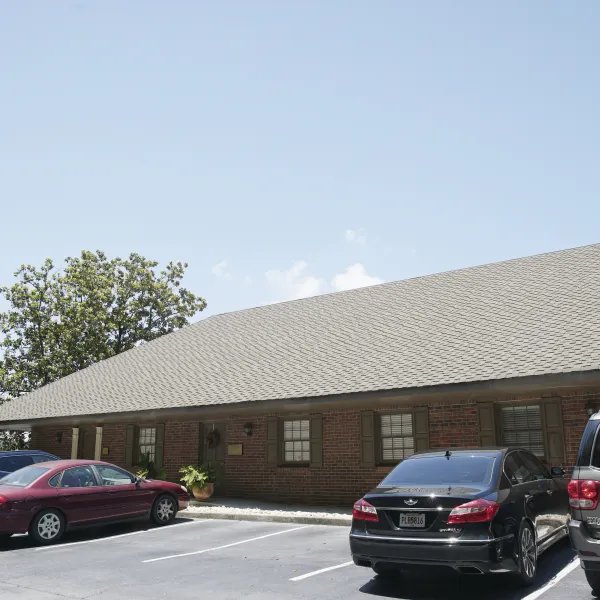
Obstructive Sleep Apnea

What is
Obstructive Sleep Apnea?
OSA is when a person stops breathing during sleep because his or her airway collapses and prevents air from getting Into the lungs.
The cycle of OSA starts with snoring. The airway then collapses or doses off. The person tries to breathe but is unable to get air into the lungs through the collapsed airway and breathing stops. This is called an apnea. The brain recognizes that it is not getting enough oxygen and wakes the person from a deep of level of sleep to a lighter level of sleep.
The airway opens and normal breathing occurs. The person falls back into a deeper sleep, begins snoring and the cycle repeats. This may happen many times during the night. The low oxygen levels, and the effort required to breathe during the night, put a strain on the cardiovascular system. The person never feels rested because he/she never has normal sleep. The person has daytime sleepiness and may fall asleep at inappropriate times like at meetings, watching television, and while driving.
Other symptoms include morning headaches, difficulty concentrating, depression, irritability, memory loss, and sexual dysfunction.
OSA is more common than people think. More than 18 million people have OSA and many more remain undiagnosed and untreated. Untreated, patients with OSA are at risk for hypertension, stroke, enlarged heart, irregular heart rhythm, heart attack, and other conditions.
How is OSA diagnosed?
The evaluation begins with asking the right questions. Patients at risk undergo an overnight sleep study where they are monitored.
What treatment is available for
Obstructive Sleep Apnea?
The most accepted and effective treatment is Continuous Positive Airway Pressure or CPAP. CPAP is almost always used to treat OSA first. CPAP treats OSA by providing a gentle flow of air through a nasal mask to keep the airway open during sleep. It has to be worn permanently unless circumstances change.
Other treatment includes surgery. Surgery may involve procedures such as a septoplasty, tonsillectomy, or palatal surgery. It may also involve tongue advancement or reduction. Finally, surgery can become very complex with major jaw surgery or tracheotomy. These treatments may be effective in some individuals. Your ENT physicians are experts in this area and are up to date with the most modern and effective techniques.
All patients with OSA need to think of lifestyle changes similar to patients with hypertension or diabetes. Lifestyle modifications include weight loss, exercise, diet, sufficient and regular sleep, avoidance of alcohol, sedatives, hypnotics and tobacco. Patients need to take an active role in their treatment.
With therapy, breathing becomes regular, oxygen levels are normal, sleep is restored, quality of life is improved and risk of cardiovascular disease is reduced.
Symptoms
-
Snoring
-
Gasping for breath
-
Pauses in breathing
-
Daytime fatigue
-
Weight gain
-
Falling asleep while driving
-
Mouth breathing
-
High blood pressure
-
Damaged blood vessels
-
Can be linked to stroke

Sleep Services Offered by
Your ENT Surgeons Include:
- Multiple office locations
- Home sleep testing
- CPAP initiation, coordination, and management
- Allergy testing and treatment
- Office Diagnostic Laryngoscopy
- Oral appliances
- Modern office-based snoring surgery
- Surgery/Office Procedures:
- Septoplasty, turbinate reduction, nasal valve surgery, rhinoplasty
- Balloon Sinuplasty
- Computer Image Guided Sinus Surgery
- Tonsillectomy, adenoidectomy
- UPPP
- Tongue base advancement
- Radiofrequency palate/tongue reduction
Our Convenient
Office Locations



Buckhead
1218 W Paces Ferry Rd NW
UNIT 208
Atlanta, GA 30327
Monday - Thursday 8am - 4:30pm
Friday - 8am-2:30pm






